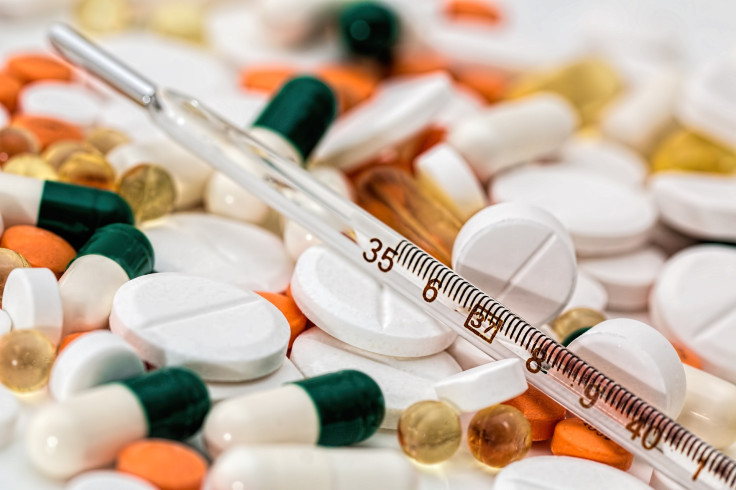Scientists Build Artificial Kidney For Early Detection Of Drug Toxicity
Scientists have engineered an artificial kidney that can help in the early detection of adverse reactions to medicines and determine the extent of their toxicity.
Apart from eliminating waste products and excess fluid from the body, human kidneys are highly complex organs that perform multiple functions, including homeostasis or a state of equilibrium. Kidneys perform homeostasis function by regulating acid-base balance, the concentration of electrolytes, controlling blood pressure, and secreting hormones.
Most drugs, especially water-soluble medicines, are disposed from human bodies largely by the kidneys in the form of urine. However, certain medications can cause toxicity in kidneys and result in rapid deterioration of renal function.
When excessive drugs are administered, nephrons--the fundamental unit of kidneys--are the first to exhibit toxicity.
Hence, it is important to understand the concentrations and combinations of drugs that can cause adverse effects in the kidneys. Scientists have now engineered artificial kidneys to evaluate the potential toxicity before they can administer the drugs to humans.
"We have successfully replicated glomerular units of the kidney, which offer the boundless potential for drug screening and nephrotoxicity testing in clinical practice. This development will enable us to detect drug toxicity early by facilitating glomerulus disease modeling and to provide personalized treatment for patients," Professor Dong-Woo Cho, who led the study conducted at Pohang University of Science and Technology, South Korea, said, Medical News reported.
Making of the artificial kidney
Human kidneys are made of millions of nephrons that consist of small blood vessels, called glomerulus. Glomerulus are the filtering units of kidneys that release protein through interactions of podocytes and GBM proteins at a microscopic scale.
The process of making artificial kidneys was quite complex because it was hard to replicate the protein-releasing ability of the glomerulus.
The research team, however, successfully fabricated a glomerular microvessel-on-a-chip that replicated the intricate arrangement of the glomerulus in kidneys.
The scientists then tested the selective permeability of the model, a key function of the glomerular filtration barrier in kidneys. The model was also tested for Adriamycin- and hyperglycemia-induced injury.
The findings of the study were published in the journal Biofabrication.




























